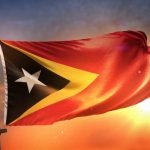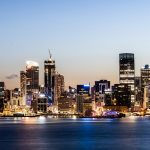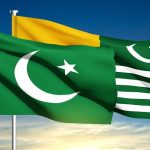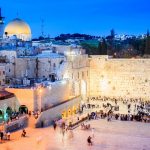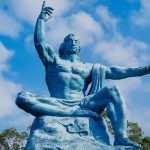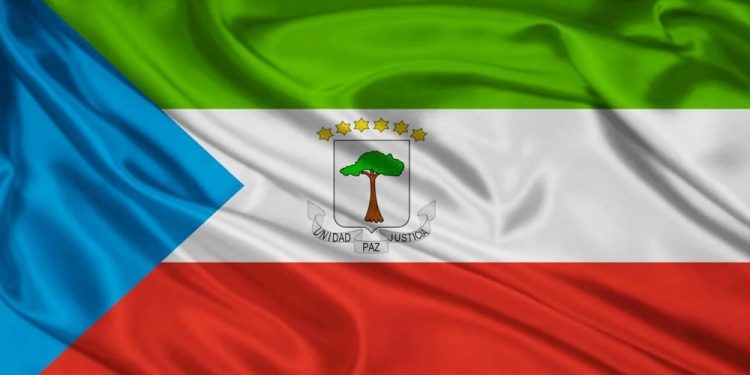
Independence Day in Equatorial Guinea
Independence Day is a public holiday in Equatorial Guinea that is observed every October 12th. This day marks the country’s independence from Spain on October 12, 1968, and is observed as a public holiday in the country. Equatorial Guinea is a Central African country composed of the Rio Muni mainland and five volcanic offshore islands.
It is home to over 1.4 million people. Because Independence Day is a public holiday, it is a day off for the general population, and many government offices, schools, and businesses are closed so that people can attend events and spend time with their loved ones.
The History of Independence Day in Equatorial Guinea
The first European contact between Equatorial Guinea and European powers occurred during the 15th century when the Portuguese navigator Fernão do Pó arrived in the area. The island that he spotted would be named Fernando Poo in his honor.
Not long after, the Portuguese officially colonized the region. Under the Treaty of El Pardo in 1778, Portugal ceded control of the area to Spain in exchange for land in South America. At the beginning of the 20th century, the area became known as Spanish Guinea.
In 1959, the region was organized into two provinces of Spain. Just a few years later, however, these two regions were joined to form Equatorial Guinea. In Equatorial Guinea, there was a growing call for independence.
Eventually, that call led to Spain announcing its independence after receiving pressure from the United Nations. On October 12, 1968, it gained its independence, and Francisco Macías Nguema became the newly appointed president of the Republic of Equatorial Guinea.
Observing Independence Day in Equatorial Guinea
This holiday is observed with parades, festivals, and fireworks. It is also celebrated with fishing competitions, sporting events, concerts, and parties. It is a day for citizens to spend with loved ones.
